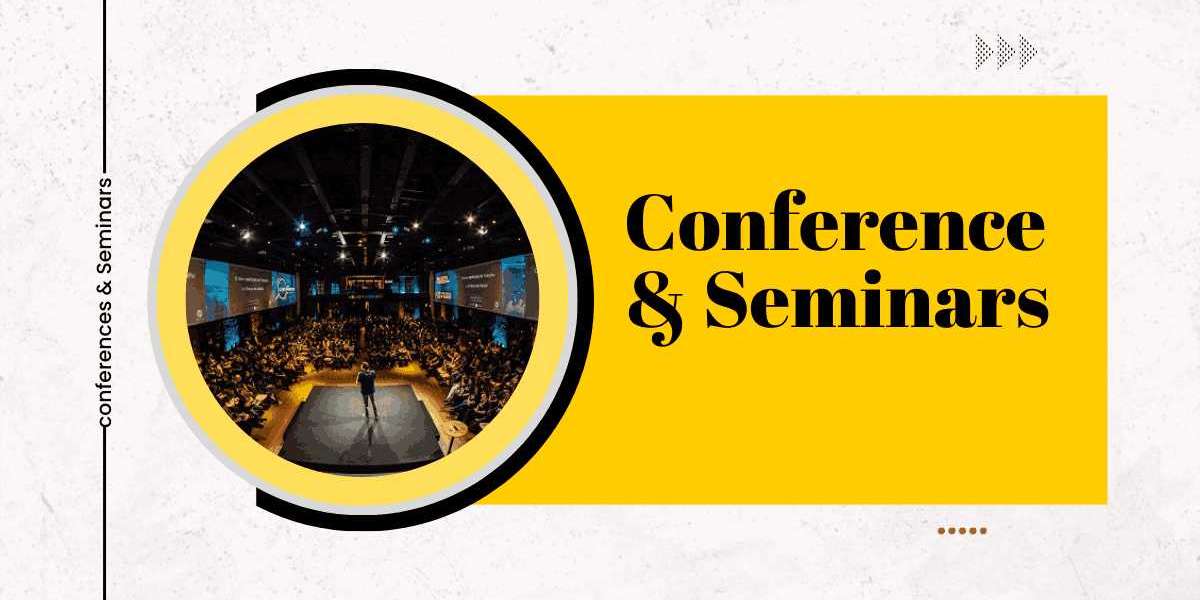Event marketing is a critical component of the overall marketing strategy for businesses across various industries. It involves promoting events such as conferences, trade shows, webinars, and product launches to build brand awareness, engage with target audiences, and drive business results. Learning event marketing offers numerous benefits, both for individuals looking to advance their careers and for organizations seeking to enhance their marketing efforts. This article will explore the key benefits of learning event marketing, supported by metrics, graphs, and analysis.
1. Enhanced Career Opportunities
Metrics:
- Job Growth: According to the U.S. Bureau of Labor Statistics, employment for meeting, convention, and event planners is projected to grow by 8% from 2021 to 2031, faster than the average for all occupations.
- Average Salary: The median annual wage for event planners in the United States was $51,560 in May 2021, with top earners making over $88,360.
Analysis: Learning event marketing equips individuals with valuable skills that are in high demand across industries. With businesses increasingly relying on events to connect with customers and stakeholders, professionals with expertise in event marketing are well-positioned to take advantage of numerous career opportunities. Whether you’re an aspiring event planner or a marketing professional looking to broaden your skill set, event marketing knowledge can significantly enhance your employability and earning potential.
Graph: A graph showing the projected job growth for event planners from 2021 to 2031, highlighting the increasing demand for professionals with event marketing skills.
2. Improved Brand Awareness and Engagement
Metrics:
- Brand Awareness: According to a report by Event Marketer, 84% of event marketers believe that live events are critical to their company’s success in increasing brand awareness.
- Audience Engagement: The same report found that 87% of event participants feel more positively about a brand after attending its event.
Analysis: Event marketing is a powerful tool for boosting brand visibility and fostering deeper connections with target audiences. By learning event marketing, individuals can effectively plan and execute events that resonate with attendees, leaving a lasting impression. Events offer a unique opportunity to create memorable experiences that drive brand loyalty and engagement, which are essential for long-term business success.
Graph: A pie chart showing the percentage of marketers who believe that live events are crucial for brand awareness, and a bar chart comparing audience engagement levels before and after attending events.
3. Increased Customer Acquisition and Retention
Metrics:
- Lead Generation: According to Bizzabo, 95% of marketers believe that in-person events provide attendees with a valuable opportunity to form in-person connections in an increasingly digital world, which can lead to higher-quality leads.
- Customer Retention: A study by Harvard Business Review found that increasing customer retention rates by 5% increases profits by 25% to 95%.
Analysis: Events provide a unique platform for businesses to generate leads, build relationships, and convert prospects into customers. By mastering event marketing, professionals can design events that not only attract new customers but also retain existing ones. Effective event marketing strategies can result in higher customer satisfaction and loyalty, ultimately driving revenue growth.
Graph: A line graph showing the correlation between customer retention rates and profit increases, emphasizing the impact of events on customer loyalty.
4. Development of a Versatile Skill Set
Analysis: Learning event marketing helps individuals develop a versatile skill set that can be applied in various marketing and business contexts. These skills include:
- Strategic Planning: Ability to create and execute a comprehensive event marketing plan aligned with business objectives.
- Communication: Strong communication skills for promoting events and engaging with attendees.
- Budget Management: Expertise in managing event budgets, ensuring cost-effectiveness and ROI.
- Data Analysis: Proficiency in analyzing event performance metrics to optimize future campaigns.
These skills are not only valuable in event marketing but are also transferable to other areas of marketing and business, making professionals more well-rounded and adaptable.
5. Enhanced Networking Opportunities
Analysis: Events are a prime venue for networking, offering opportunities to connect with industry peers, potential clients, and influencers. Learning event marketing can enhance your ability to organize and participate in events that facilitate meaningful connections. Networking at events can lead to new business opportunities, partnerships, and career advancements, making it an invaluable aspect of professional growth.
Graph: A Venn diagram illustrating the intersection of networking, lead generation, and career growth opportunities facilitated by event marketing.
6. High Return on Investment (ROI)
Metrics:
- Event ROI: According to the Event Marketing Institute, the average ROI for events is 5:1, meaning that for every dollar invested in event marketing, companies typically see a return of $5.
Analysis: Investing in event marketing education can lead to substantial returns, both for individuals and organizations. Events have consistently proven to deliver high ROI, making them a valuable component of any marketing strategy. By learning how to effectively plan, promote, and execute events, professionals can drive significant business results, including increased sales, brand loyalty, and market share.
Graph: A bar graph showing the average ROI of various marketing channels, with events leading in terms of return on investment.
7. Increased Digital Integration
Metrics:
- Virtual Events: The pandemic accelerated the adoption of virtual events, with 93% of event marketers planning to invest in virtual and hybrid events in the future, according to a survey by Bizzabo.
- Technology Adoption: A report by Grand View Research projects that the global event management software market will reach $14.7 billion by 2028, driven by the increasing need for digital solutions in event marketing.
Analysis: The rise of virtual and hybrid events has expanded the scope of event marketing, making digital integration a crucial skill. Learning event marketing now includes understanding how to leverage event management software, social media, and other digital tools to enhance event reach and engagement. This integration of digital strategies in event marketing can lead to more efficient, scalable, and successful events.
Graph: A line graph showing the growth in virtual and hybrid event adoption over the past five years, with projections for the future.
Conclusion
Learning event marketing offers a multitude of benefits, from career advancement and skill development to increased brand awareness and high ROI. As the event marketing landscape continues to evolve with digital integration and new trends, gaining expertise in this field is more important than ever. Whether you are a marketing professional, business owner, or aspiring event planner, understanding the dynamics of event marketing can significantly impact your success in today’s competitive market.
By embracing the opportunities that come with event marketing fusioneventz -Corproate Event management companies in bangalore, individuals and businesses alike can enhance their visibility, engage their audiences more effectively, and drive meaningful business results.








